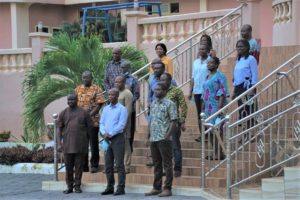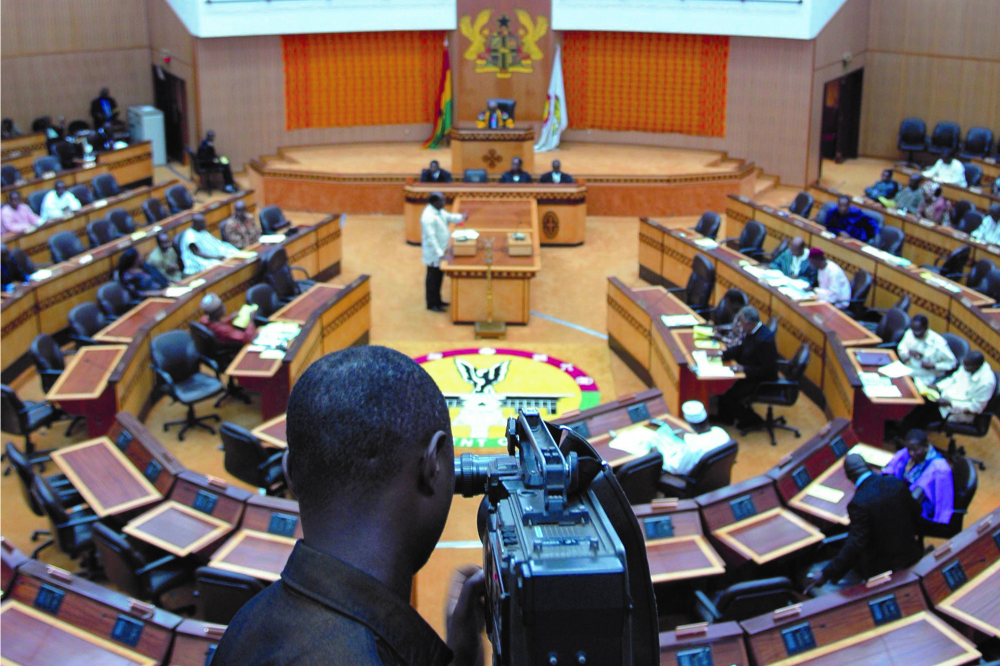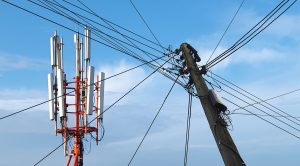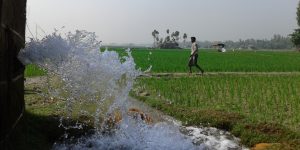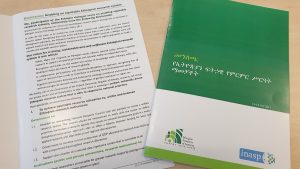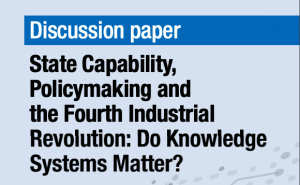“Finding the figures we need”: supporting data use for SDGs at the Parliament of Ghana
Agnes Titriku of ACEPA shares recent progress on the exciting two-year Data for Accountability Project – which helps the Parliament of Ghana to improve the national quality of life through evidence, using data to oversee progress towards the Sustainable Development Goals.

